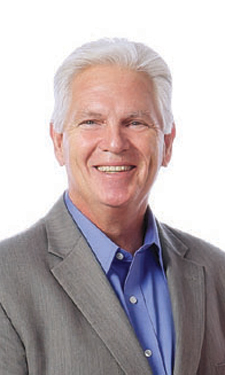 It’s a legitimate and important question to ask, given that those who work in the park and recreation industry are blessed by a veritable cornucopia of events dedicated to addressing critical issues from a range of perspectives at a local, state and national level. More importantly, the costs associated with attending, including travel, lodging and Congress registration, not to mention the investment of time, make the decision to attend a significant one.
It’s a legitimate and important question to ask, given that those who work in the park and recreation industry are blessed by a veritable cornucopia of events dedicated to addressing critical issues from a range of perspectives at a local, state and national level. More importantly, the costs associated with attending, including travel, lodging and Congress registration, not to mention the investment of time, make the decision to attend a significant one.While criteria for attending specific events will vary, I see a number of solid reasons why attending NRPA’s Congress is an important part of your professional development:
• To learn about key issues in the park and recreation industry as a whole (and your area of interest in particular), as articulated by seasoned practitioners and industry leaders
• To meet professionals at other agencies addressing these same key issues
• To meet with professionals with whom you’ve established a relationship on one of the NRPA Networks
• To initiate relationships with other professionals that you can continue by social media and/or in-person meetings
• To learn about job, internship, project and other work-based possibilities
• To gain insight into the experiences of others who face challenges similar to yours
• To learn about the vast array of resources relevant to your area(s) of interest
• To forge partnerships with colleagues who address key common issues and concerns
• To identify opportunities for service within the profession as a whole, and possibly through NRPA at the Network or even the Board level
• To demonstrate your commitment to the profession and to your national association
So, are you a professional who will succeed in the next millennium? We need professionals who understand and can articulate our role in creating community; individuals who master the political process to achieve their goals; leaders in their own communities; individuals who have compassion for people; professionals who not only respond and react to changes and trends, but can also be trendsetters; innovative professionals who have relevant, finely honed skills; multifaceted individuals who can broker resources and bring coalitions together; and leaders who are called to the table when important decisions need to be made. Those who prefer the status quo and do not recognize the forces that shape us will flounder.
Steve Thompson, CPRP

